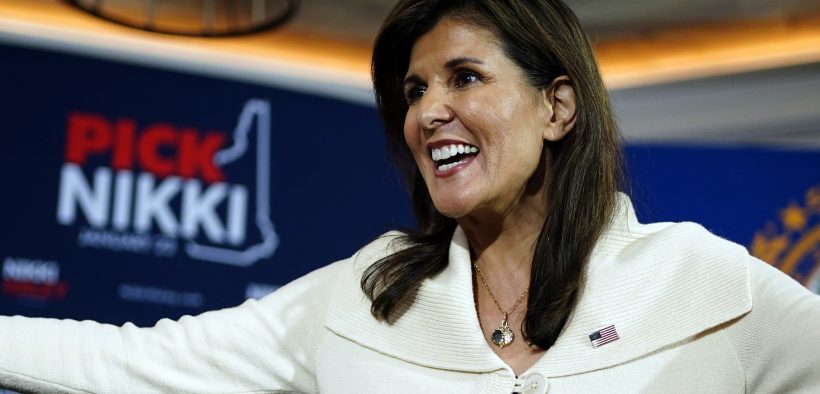Nikki Haley is wrong on the federal gas tax
Share

Former U.S. Ambassador to the United Nations Nikki Haley has made it one of her campaign promises in the Republican presidential primary. Haley has vowed to end federal gas and diesel taxes if she is elected president.
It’s a bad idea.
The 18.4-cent per gallon gas tax is a user fee, as is the 24.4-cent per gallon diesel tax. The gas tax helps fund the Highway Trust Fund, offering road and bridge construction and repair funding. The people who use roads should pay for them rather than shifting the burden to others. This is sound tax policy.
Abolishing the tax would eliminate this consistent revenue stream for public infrastructure without much consumer benefit. The biggest winner in abolishing these taxes would be the fossil fuel industry. If Haley wants to win a Republican primary, she will need support from younger voters who want to move on from former President Donald Trump. These voters are more likely than older ones to support environmentalist policies, including carbon emission reduction.
Moreover, gas and diesel are relatively inelastic goods, meaning that even if a cut resulted in slightly cheaper gas prices (a hotly debated topic), abolishing the tax is unlikely to result in a substantial increase in carbon emissions. There are better tax cuts a candidate could pursue, such as a bigger child tax credit.
Plus, in real dollars, the gas tax is already declining, as it has been kept the same for over 30 years. It will continue to drop in cost basis on those terms. The tax has been $0.184 per gallon since 1993. If this tax kept pace with inflation over time, it would be around $0.39 per gallon — more than double what it is now. Instead, the tax has effectively dropped by over 50%. The public receives a small tax cut each year the gas tax remains unchanged.
Haley’s proposal sounds nice, especially since many drivers complain about high gas prices, but it’s not what the country needs. Other factors have more impact on fuel prices, including the global supply and demand for oil. The gas tax was the same when people paid under $2 per gallon for gas in 2020 as in 2022, when they paid over $5 per gallon. Our country’s ever-shrinking gas tax is not the problem here.
Continue Reading at The Washington Examiner.













